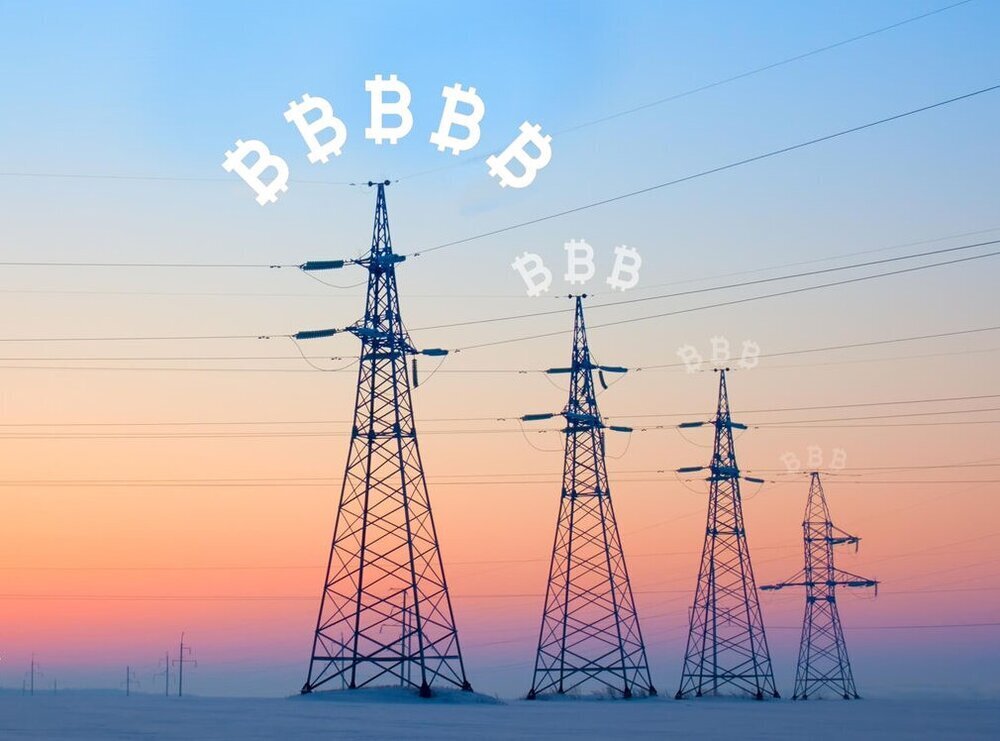Power outages in Iran, reasons & solutions

TEHRAN – With the early arrival of the hot season across Iran, once again the issue of electricity shortage and systematic power outages has come under the spotlight. These days Iranians are left in the dark for several hours each day based on a pre-planned outage program implemented by the Energy Ministry.
Considering the country’s special conditions this year due to the coronavirus pandemic and the risks that the electricity outages could impose on Covid-19 patients, the Energy Ministry is facing a much bigger challenge compared to the previous years.
Furthermore, new deteriorating factors like severe drought and the decline in the country’s water resources as well as a new wave of illegal cryptocurrency mining across the country have also worsened the situation this year.
Iran's Power Generation, Distribution, and Transmission Company (known as Tavanir) has previously announced that the company is implementing over 40 different programs for managing the situation and to prevent blackouts in the country, however, so far these programs do not seem to be working as expected.
In this regard, the Tehran Times has spoken with the Head of Tavanir Office of Public Relations Abouzar Salehi to get more information on the matter. What follows is the gist of the interview.
The consumption
Asked about the country’s electricity consumption situation in the current year and the difference with the previous years, Salehi said” This year we are facing two major phenomena in this regard, one is natural and the other manmade: lack of rainfall and severe drought has pushed the water reservoirs of the country’s hydropower plants to critical lows and at the same time illegal cryptocurrency mining across the country has imposed a huge burden on the power grid this year.”
“Last year, the inflow of water into the country’s dam reserves was about 12 billion cubic meters, while this year the figure has fallen to six billion, this means that our water resources have been halved,” he said.
“Water shortage this year has led to a 4000-5000 megawatt decline in the output of hydropower plants which is equal to the total consumption of six big cities.”
On the other hand, the consumption has also increased drastically, so that in comparison to the previous year electricity consumption has risen by 19.2 percent this year.
“On May 22, 2020, electricity consumption in Iran stood at 45,847 megawatts, while this year the consumption has increased to 54,448 megawatts, this means 8,600 megawatts more electricity is consumed compared to the same date in the previous year.”
The increase in the electricity consumption in the current summer peak period is equal to the output of 70 gas power plant units, Salehi stressed.
The reasons
Asked about the reasons for the drastic increase in consumption, Salehi pointed to three major reasons: “cryptocurrency mining, rise in temperature, and industrial boom.”
According to the official, one of the major reasons for the current year’s power shortage is the activity of thousands of illegal cryptocurrency mining units across the country.
“Based on a research conducted by Cambridge University, the electricity consumption by crypto-miners in Iran has increased 4.5 times since October 2020,” he noted.
“We estimate the electricity consumption by such units to be at least 2,000 megawatts at the moment,” Salehi added.
“Also, the drought has led to the decline of the water levels in agricultural wells so the pumps need to work more hours and consequently consume more electricity; at the same time the early arrival of the heat has also caused a sudden jump in the use of cooling appliances in households and once again led to a drastic rise in consumption, especially in arid regions.”
The industrial sector in the country has also been demanding more electricity in the current year following the boom in the country’s domestic production, he added.
The Solutions
Explaining the Energy Ministry’s programs for tackling the above-mentioned challenges, Salehi said the ministry and Tavanir have prepared several programs to address the mentioned issues in the best possible way.
For instance, the agricultural sector has been asked not to use their water pumps in the peak consumption hours and in return use free electricity in certain hours, he said.
“Also, the industrial units that stop working in rush hours will be awarded a 50-percent discount on their electricity bills in other hours.”
“People have also been asked to manage their consumption and several incentive packages have also been considered to encourage people to consume less during peak hours.”
As for the crypto-miners, the energy ministry has asked people to report any illegal activities of such units and in return receive a prize amounting to 200 million rials (about $4,700), the official added.
Several power plant units which have been going through an annual overhaul will also be put into operation in the coming days and hopefully, the situation will get better, Salehi noted.
Salehi finally stressed the fact that all of the above programs will work only if people cooperate with the ministry since the masses have the biggest impact on the country’s power situation.
EF/MA
